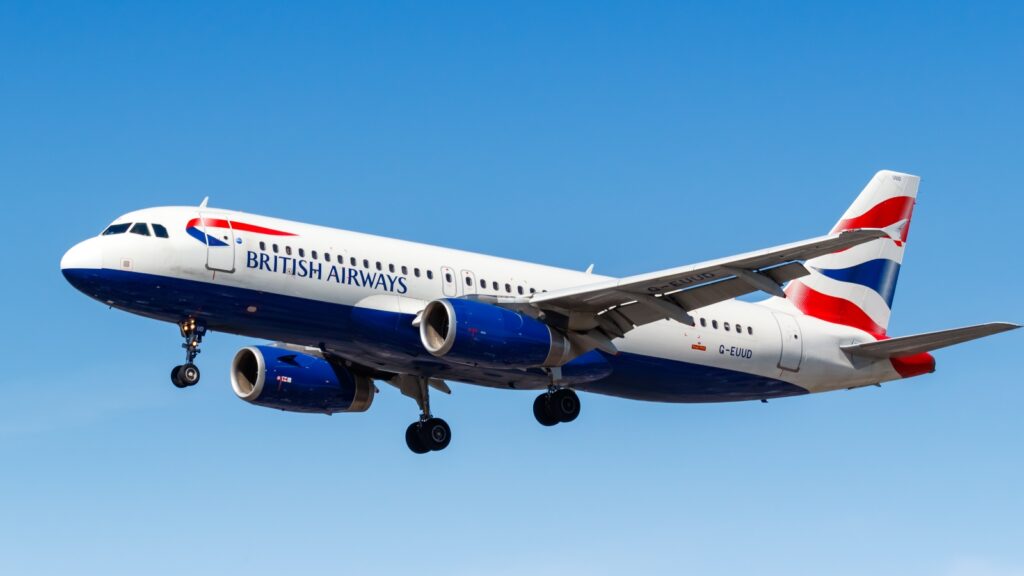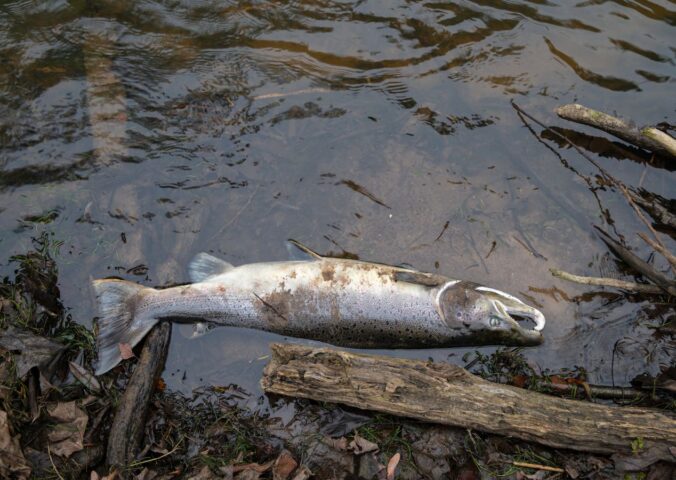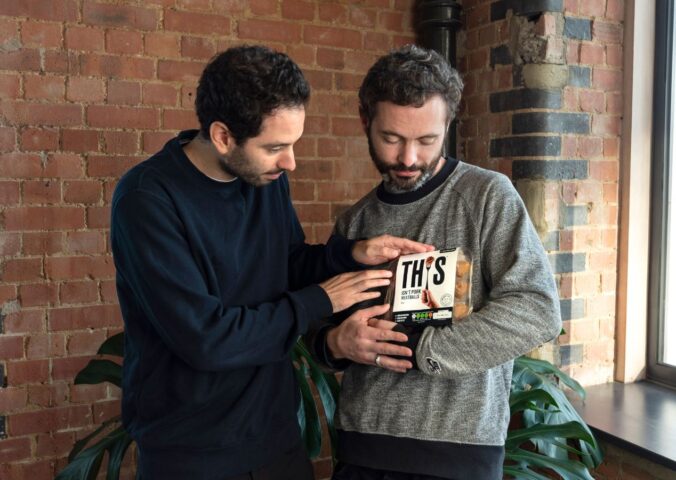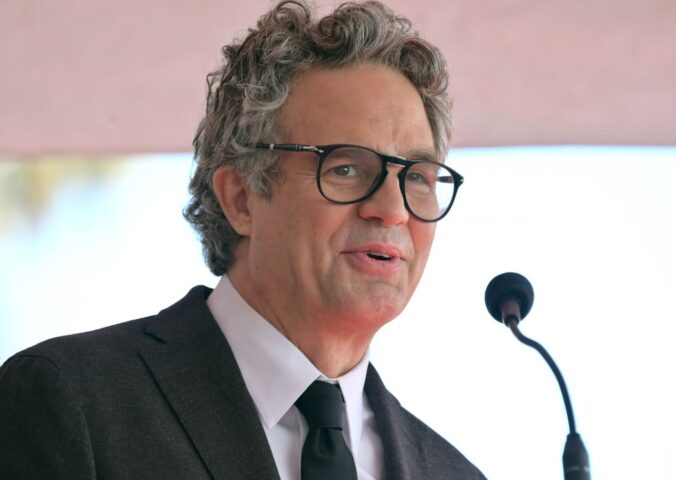British Airways (BA) has inked a deal that will see aircraft fuel made from plant-based waste being produced at scale in the UK. The leading airline is slated to start using the sustainable aviation fuel (SAF) early next year, making it the first in the world to use SAF that was made in the UK.
BA entered into a multi-year supply agreement with Phillips 66, an energy manufacturing and logistics company. Phillips produces renewable fuels from recycled cooking oil at the Humber Refinery in North Lincolnshire.
The company confirmed in an email to Plant Based News that the SAF it is supplying to BA contains no animal products.
Net-zero carbon emissions
The new agreement is part of BA’s commitment to achieve net-zero carbon emissions by 2050.
SAF still produces carbon emissions during flights. However, it cuts lifecycle CO2 emissions by more than 80 percent when compared to conventional aviation fuel, Phillips 66 says.
BA has agreed to purchase enough SAF to reduce lifecycle CO2 emissions by nearly 100,000 tons. This is the equivalent of powering 700 net-zero CO2 emissions flights from London to New York on its Boeing 787 aircraft, Phillips 66 explains in a news release.
Further, the major airline has pledged to power 10 percent of its flights with SAF by 2030. Additionally, BA has linked up with US fuel suppliers and invested in a waste-to-fuel plant, which will be built in the north east of England.
The future of SAF
Darren Cunningham is the lead executive of Phillips 66 in the UK, as well as the general manager at Humber Refinery.
In a statement, Cunningham said: “The Humber Refinery was the first in the UK to co-process waste oils to produce renewable fuels and now we will be the first to produce SAF at scale, and we are delighted British Airways is our first UK customer.
“We’re currently refining almost half a million liters of sustainable waste feedstocks a day, and this is just a start. Markets for lower-carbon products are growing, and this agreement demonstrates our ability to supply them.”
The company hopes the partnership will propel the sustainable energy industry further.
“This agreement with British Airways aligns with our strategy to create a refinery of the future, where we’re producing fuels from waste, being a critical part of the electric vehicle supply chain, reducing the carbon intensity of our processes through carbon capture and using hydrogen to power the refinery,” Cunningham said. “It secures long-term business in an ever-changing world.”
British Airways’ path to net-zero
Sean Doyle, BA’s chairman and chief executive, agrees that the collaboration is an “important step.”
“The UK has the resources and capabilities to be a global leader in the development of SAF and scaling up the production of SAF requires a truly collaborative approach between industry and government,” Doyle said in a statement.
“We are excited to develop our relationship with Phillips 66 Limited further by hopefully growing production capacity and using a wider range of sustainable waste feedstocks to supply our future flights.”
The caveat
Earlier this year, BA’s parent company, International Airlines Group (IAG), became the first European airline to commit to powering 10 percent of its flights with SAF by 2030.
It promised to buy a million tons of SAF every year, helping to reduce annual emissions by two million tons. This compares to taking one million cars off of Europe’s roads every year, The Independent explains.
The publication noted, however, that SAF accounts for a “minority” of the fuel being used. “It is always blended with regular old fossil fuels – in fact, it has to be. The highest amount that can currently be mixed is 50 percent SAF, and it’s usually less than that,” The Independent writes.
“Airlines claim that SAFs can reduce CO2 emissions by up to 80 percent versus fossil fuels, but they emit at least as much CO2 as kerosene in-flight, as well as the same harmful non-CO2 emissions, which also have a significant warming effect,” the outlet continues, adding that the SAF industry has profited from “seductive” marketing techniques.
SAF should be part of the conversation, The Independent clarifies, but should play “a relatively small part, rather than the starring role.”






